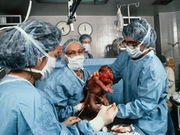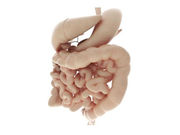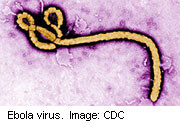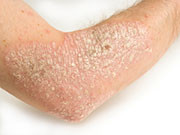Hospital Factors Can Overcome ‘Weekend Effect’
Improved staffing; electronic records; additional inpatient, aftercare resources help
One-Third of Children See PCPs for Mental Health Conditions
More than 40 percent of children with ADHD see primary care provider only
Few Physical, Socio-Emotional Outcomes for C-Section
Cesarean delivery associated with positive and negative outcomes; few associations seen overall
Immediate Hypersensitivity to Raw Garlic Described
Case report illustrates 31-year-old woman who reported wheals after ingesting raw garlic
L. reuteri Enrichment of Gut Microbiota Ups Insulin Secretion
Daily administration of L. reuteri linked to increased glucose-stimulated GLP-1, GLP-2 release
Ebola Survivor’s Case Points to Delayed Complications
Health officials say the risk to the general public remains low
FDA Approves Expanded Use of Opdivo in Advanced Lung Cancer
Demonstrates survival benefit in both squamous and non-squamous non-small-cell lung cancer
IDSA: Infections May Be the Underlying Cause of Many Falls
Illness can lower blood pressure, lead to dizziness, researchers say
American College of Surgeons, Oct. 4-8
The 101st Annual Clinical Congress of the American College of Surgeons The annual meeting of the American College of Surgeons (ACS) was held...
More Severe Psoriasis Equals More Vascular Inflammation
Relationship held after accounting for other cardiovascular disease risk factors














